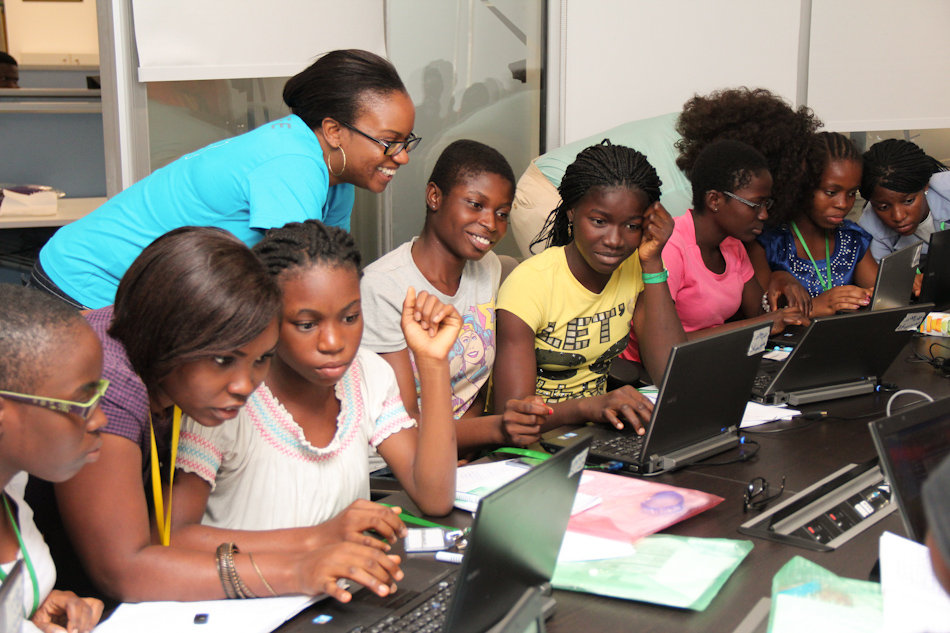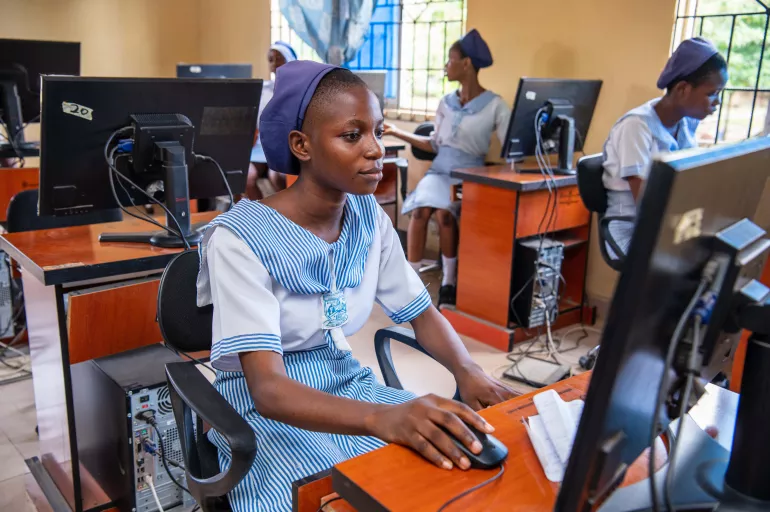In classrooms across Nigeria — whether in bustling cities or remote villages — the desire to improve student success is universal. Learning analytics — the systematic collection and analysis of student data to inform teaching and learning — hold great promise. Yet, as schools consider harnessing these digital insights, questions of data ethics loom. How can we help learners without compromising their privacy, reinforcing biases, or sidelining cultural contexts? Here’s how Nigerian education stands at a crossroads — and how we can move forward, respectfully and meaningfully.
Table of Contents

Understanding Learning Analytics: Opportunity Meets Responsibility
Learning analytics refers to the use of data from sources like attendance, assignment submissions, and interactions with learning platforms to understand student behaviour and performance. Thanks to increased digital adoption — though still uneven due to Nigeria’s digital divide — more schools can now capture this data. The analytics can spot at-risk students early, guide interventions, and inform curriculum adjustments.
However, powerful as these tools may be, they also risk unintended consequences. Ethical concerns include algorithmic bias, lack of transparency, data ownership, and privacy breaches. In Nigeria, such risks are particularly acute. Many AI systems are designed abroad and may fail to account for local languages, contexts or diversity — potentially marginalising students from under-represented backgrounds. Moreover, without robust regulatory frameworks, student data can be misused or inadequately protected.
Building Ethical Foundations: Trust, Transparency, and Cultural Sensitivity
For Nigerian schools to responsibly share learning analytics, three pillars must hold: trust, transparency, and cultural sensitivity.
1. Trust Built on Clear Purpose and Consent
Schools must be clear about why data are collected, how they’ll be used, and who will see them. Wikipedia’s DELICATE framework offers a helpful guide: define the Purpose, Explain the scope, ensure Legitimacy, Involve stakeholders, obtain Consent, Anonymise data, manage Technical access, and vet External partners. In practice, this means schools should co-design data policies with parents, students and teachers, ensuring informed consent and confidence in the process.
2. Transparent, Inclusive Algorithms
To prevent bias, systems must be trained on datasets representing Nigeria’s linguistic, cultural and socio-economic diversity. Transparency helps: students and educators need to understand how analytic tools arrive at insights — not just accept outputs blindly. One Nigerian innovation offers a model: an AI framework anonymises student identities through “cartoonification” while tracking collaborative behaviours — respecting privacy without losing useful insights.
3. Cultural and Ethical Grounding
Borrowing from value-sensitive design, Nigeria’s learning analytics must reflect local values — privacy, autonomy, collective good, and self-determination. Ethical frameworks must be context-specific. Studies in African higher education emphasise the need for ethics committees, interdisciplinary collaboration, and policies rooted in local cultures.

From Policy to Practice: Recommendations for Nigeria’s Education Sector
What can ministries, schools, and educational stakeholders do right now to ensure learning analytics is a force for good?
- Craft National Guidelines on Educational Data Ethics
Regulators should align with data laws like Nigeria’s Data Protection Regulation (2019) while tailoring norms to educational use — emphasising purpose, consent, anonymisation, and transparency. - Educate and Empower Educators, Students and Administrators
Digital literacy remains uneven. Training programmes should cover data ethics, privacy awareness, and how to interpret analytics responsibly. A well-informed school community builds trust. - Establish Ethics Committees in Schools and Districts
Borrowing from global recommendations, schools should set up ethics panels — including school leaders, parents, teachers, and even student representatives — to review data practices and tool adoption. - Support Local Solutions and Cultural Relevance
Instead of relying only on imported analytics tools, Nigeria should foster home-grown ed-tech that understands our curricula and contexts. These solutions better reflect our teaching norms and learner profiles. - Ensure Anonymisation Before Sharing
Techniques like data masking, aggregation, pseudonymisation — or creative methods like cartoonification — help preserve student privacy while enabling meaningful insight. - Engage Communities with Transparency and Accountability
Involve parents, communities, and learners in the review of how data are collected and used. Communicate clearly, allow opt-outs where appropriate, and create avenues for feedback and corrections.

Why This Matters for Our Children and Nation
Ethically shared learning analytics isn’t just a technical fix — it’s a pathway to equity, empowerment, and quality education. When done right, data insights help teachers intervene early, personalise instruction, and improve outcomes — especially in under-resourced schools. But without ethical guardrails, what began as a good intention can harm trust, perpetuate inequality, or compromise privacy.
If Nigeria gets this right, we lay the groundwork for a digital education system rooted in our values — empowering students from rural villages to urban classrooms, across languages and backgrounds.
We can build learning systems that respect our children, honour our societies, and help every Nigerian learner flourish.
Join Our Social Media Channels:
WhatsApp: NaijaEyes
Facebook: NaijaEyes
Twitter: NaijaEyes
Instagram: NaijaEyes
TikTok: NaijaEyes
READ THE LATEST EDUCATION NEWS














![Tiwa Savage Slams ‘Unfair’ Exclusion of Tems from Afrobeats Big 3 Ranking [VIDEO] Tiwa Savage](https://naijaeyesblog.com/wp-content/uploads/2025/09/Tiwa-Savage-tems-180x135.avif)
























